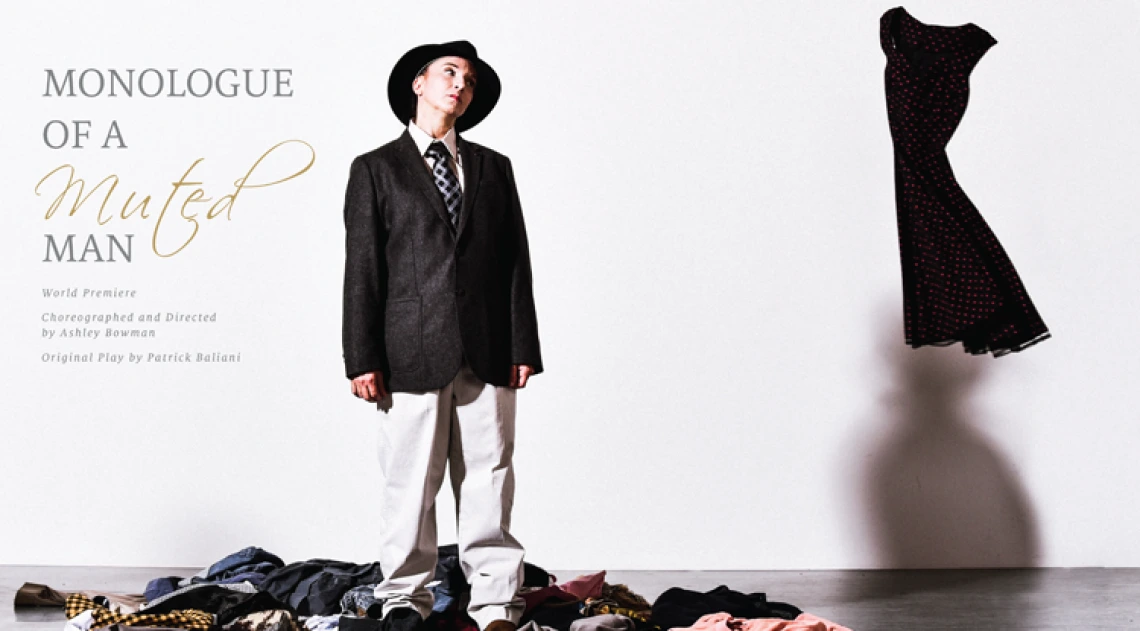Honors Associate Professor Turns Immersion In Venice Into A Flowing Set Piece

Patrick Baliani, though always ready with a warm handshake and smile, is well suited to be described as “a conundrum wrapped in an enigma.” Capable of both coolly observing an experience from a distance and absorbing it on a nearly cellular level, Baliani can’t help but synthesize it all into shareable settings.
Monologue Of A Muted Man, his latest amalgamation of words, music, and dance, almost serves as an MRI (CAT scan, even) of a fully realized culture birthed by parents Science and Art. What starts as snapshots of classic Venetian locations found in every tourist guidebook quickly transforms into unashamed soul searching.
The cast of characters continues to grow with every bridge under which his gondola passes. Sounds, voices and movements emerge from all directions, threatening to overwhelm Baliani; even within the first 24 hours. Yet his persistence is rewarded as MONOLOGUE plies the canals, cafes and corners of a much-revered regional capital.
HONORS Weekly approached Baliani with three questions on behalf of curious readers in anticipation of the May 9th premiere. With the ambitious goal of reconciling his multi-faceted personality, there could well have been thirty more queries on the heels of these.
HW: Patrick, did MONOLOGUE start with an end in mind or follow its own, evolving narrative as you created the work?
PB: The goal I had firstly and lastly was to capture the experience of deafness and Venice and longing, which for a number of reasons--including their inherently dramatic qualities--fascinated me. To this end, before writing a word of the play I spent three months filling a notebook with daily sounds, and only sounds. Writing the play was, in a sense, imagining the experience of losing the ability to hear physiologically and very much needing to “hear” things psychologically. As for Venice, Venice was and is a gift.
HW: One of your central people is Francesca, a thirty-year old Venetian woman. Who is she, really?
PB: Francesca is partly the person imagined by the narrator. She is also the person he glimpses, which enables him to imagine her. And she is the person he has no clue about, who lives and breathes independently of him.
HW: Without giving away the ending, where do you want to leave members of the audience?
PB: On the edge of their seats? (Just kidding.) I suppose I’d like them to be more conscious of, and moved by, what they have while they have it: Hearing, yes, loved ones, of course, and the profundity of silence. But also the seemingly little things, crickets in the night, the sound of a razor against your skin, the sounds of a kiss.

